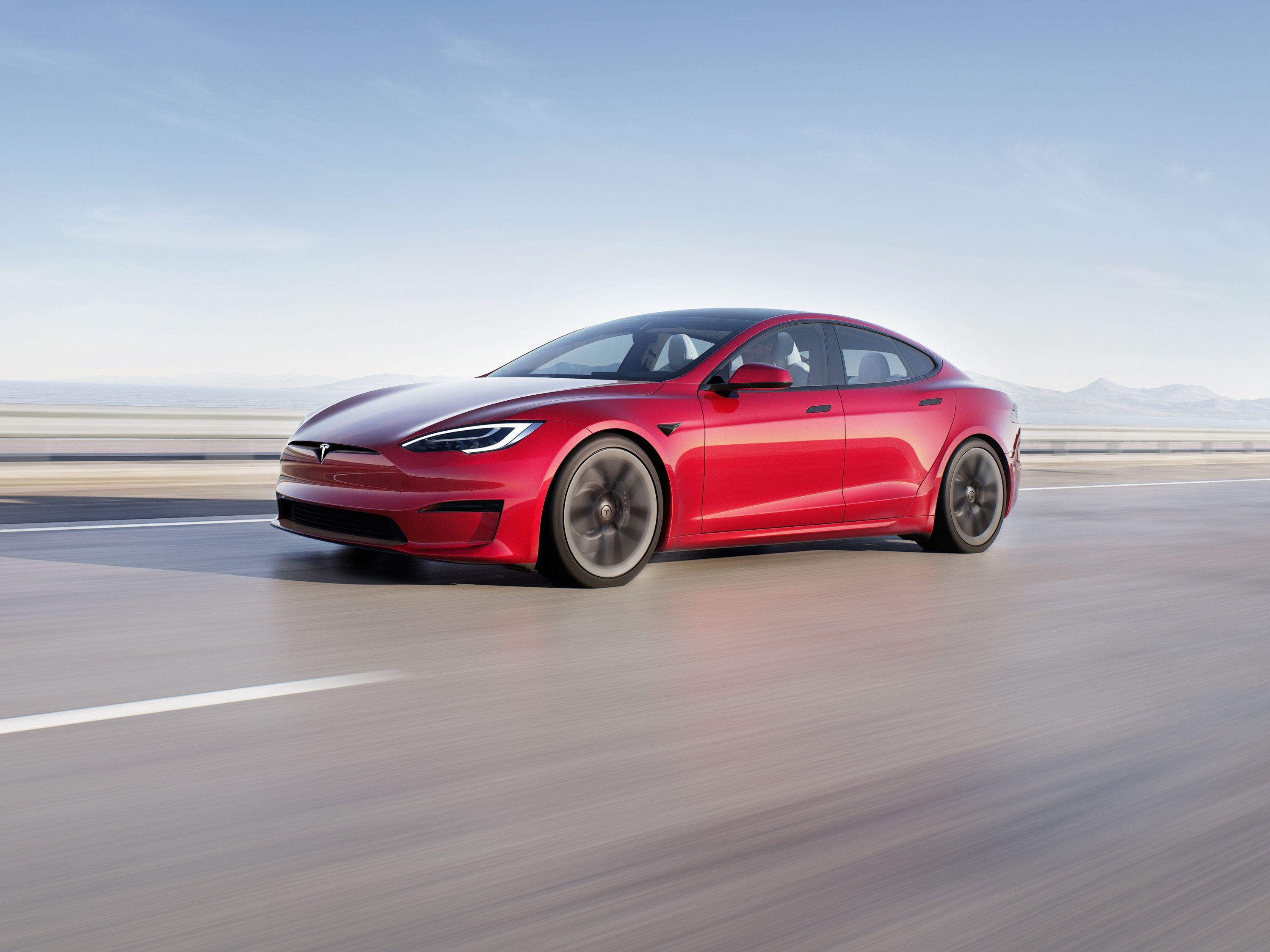
Autonomous technology is designed to make driving safer and prevent accidents before they happen. You might think, then, that this means insurance premiums will be cheaper, but a report by Bloomberg predicts that the proliferation of driverless cars won't cause insurance companies to lose profits because drivers will still need cover. "We do not expect revenues for auto insurance companies to experience a sudden decline as a result of autonomous vehicles," Alejandro Zamorano, an analyst at Bloomberg New Energy Finance, said.
"Instead we expect a gradual shift in the type of auto insurance products as well as new revenue sources for insurance companies." One thing that could change, however, is who pays for the policy. Instead of individual drivers, automakers and technology companies may need to cover insurance costs for autonomous cars in the future. Policies specifically tailored for autonomous cars could also be introduced. According to the report, "cyber insurance" could be one of these new policy types to protect against cars being hacked. Given the increased use of over-the-air updates that can affect a vehicle's performance, it's easy to imagine hacking insurance becoming popular in the future.
And while the autonomous cars should make roads safer in theory, there's also the fact that accidents could be significantly more expensive when you factor in the repair costs of components such as damaged sensors, cameras and computers, which means the insurance payout will likely be higher. Fully autonomous cars are still a very long way off. In the meantime, it's more likely that drivers will occasionally use autonomous features to park or while stuck in traffic. This will create an opportunity for insures to cover both the individual owner and the car itself. "That transition is very hard - there are few companies that do both," Tanguy Catlin, a senior partner at McKinsey & Co., said.






